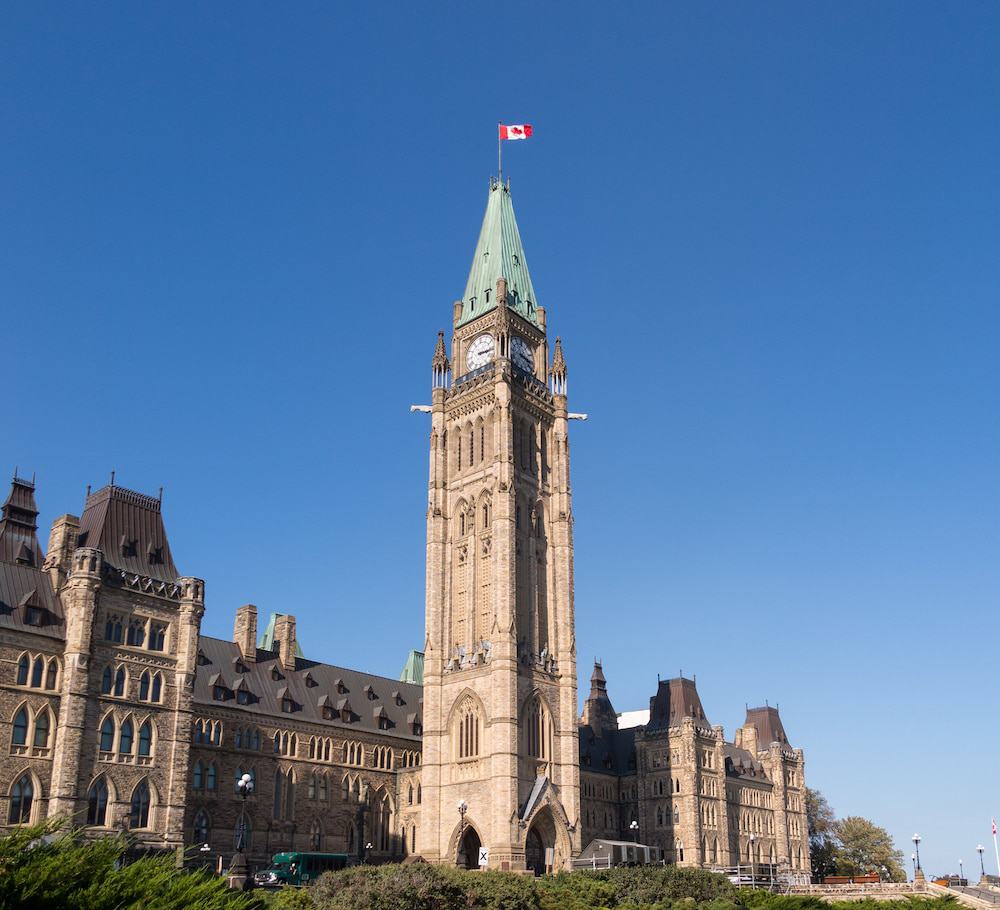December 5, 2018 – Canada’s federal government has embarked on a new campaign promoting the positive effects of immigration.
The #Immigration Matters project asks members of the public to share community success stories with an immigration theme.
It is an attempt by Justin Trudeau’s Liberals to combat the negativity towards immigration currently gaining traction in politics all over the world.
With Canada’s federal election less than a year away, the prime minister is aware he needs Canadians to stay behind his pro-immigration agenda.
Under Trudeau, Immigration Refugees and Citizenship Canada plans to increase immigration levels to 350,000 annually by 2021.
Read More
Major Survey Says Canadians Remain Positive On Immigration
Canada Immigration Annual Levels Breakdown: Which Categories Are Most Popular?
Federal Government Report Highlights Success of Economic Immigrants
Although the numbers are going to rise in a managed, achievable way under the plan, immigration is set to be one of the important issues when Canadians vote on October 21, 2019.
Indeed, political rivals are already calling the #Immigration Matters campaign ‘propaganda’.
Through the initiative, the positive stories received are being posted on the campaign website and through social media channels.
Contributors can receive a toolkit on how to highlight important messages in their stories. Buttons and business cards are also available to promote the benefits of immigration.
Immigration Minister Ahmed Hussen says the campaign is about reminding Canadians of the argument in favour of immigration, and why it “is essential not only to the local community but to our collective prosperity.”
“We need stories, therefore, to show that in the vast majority of cases, newcomers succeed and their children succeed as well,” Hussen said.
While political opponents in the Conservative party have slammed the move, others have praised the government for trying to bring some positivity to a subject that has seen a wave of negativity recently.
Under the immigration levels plan released at the end of October, Hussen revealed Canada will be welcoming 350,000 newcomers per year by 2021, up from a planned 310,000 in 2018.

Economic Class
The Federal High Skilled category will increase to 88,800 in 2021, according to the plan, accounting for the immigrants come to Canada through the Express Entrysystem.
These include those coming through the Federal Skilled Worker Program, Federal Skilled Trades Program and Canada Experience Class.
Elsewhere, the Provincial Nominee Program allocation will also increase, to 71,300 in 2021. This marks an increase of more than 10,000 immigrants between 2019 and 2021 for the Provincial Nominee Programs.
The Atlantic Immigration Pilot, Caregivers and Quebec Skilled Worker and Business programs are all marked ‘to be determined’ in the 2021 plan. However, there is ample room left in the Economic class to provide these allocations at a later date.
Family Class
The Family Class will see the smallest increases.
In 2019, the levels plan allows for 88,500 newcomers in the Family Class, compared to 86,000 under the 2018 plan.
This will increase to 91,000 in 2020, and remain the same in 2021.
More than 90,000 family reunification places still represent a significant commitment to the category from the federal government, although it is clear the increases are focused in the Economic Class.
Refugees and Protected Persons
Staged increases will also happen in theRefugeesand Protected Persons class, from 46,450 in 2019 to 51,700 in 2021.
Through its welcoming of Syrian refugees in 2015 and 2016, the federal government has established itself as open to genuine refugee claimants.
It has also had to deal with a surge of irregular border crossers streaming in from the U.S.
However, the federal government has still chosen to increase the allocation for refugees to continue Canada’s reputation as one of the most welcoming countries in the world.
Interested employers: Kindly contact us here to receive further information.
Interested candidates: Find out whether you qualify to Canada by completing our free on-line evaluation. We will provide you with our evaluation within 1-2 business days.
Read more news about Canada Immigration by clicking here.





